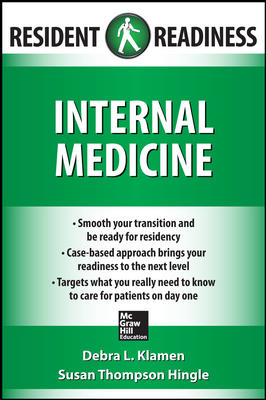AccessMedicine's Case of the Week: Heart Failure

Case:
A 40-year-old female smoker is admitted to the inpatient service with shortness of breath. The shortness of breath is worse with exertion, chronic in nature, and has progressed in severity over the last year. She reports a history of asthma, but does not recall having any formal testing done for this in the past. At the time of admission, she is short of breath even with minimal activity. A chest x-ray is done that shows bilateral opacities that are interpreted as possible pneumonia. Treatment for this admission is started with intravenous (IV) corticosteroid therapy, antibiotics, and frequent nebulization with bronchodilators to treat asthma exacerbation with pneumonia.
By the fourth hospital day, despite aggressive treatment, she does not appear to have had any clinical improvement in her symptoms. In fact, she feels as if she has become worse, not better. On examination, she is anxious in appearance and in clear respiratory distress. She is able to communicate in only a few words at a time, between her labored breaths. She is afebrile, with a heart rate of 95 beats/min, and a blood pressure of 150/100 mm Hg. Her jugular venous pulse (JVP) is estimated at 16 cm. Lung examination is remarkable for very harsh breath sounds with coarse sounding expiratory wheezes bilaterally, and decreased breath sounds at the bases. Cardiac examination reveals a systolic murmur prominent at the apex. 2+ lower extremity pitting edema up to knees is found.
When questioned further, in addition to her history of shortness of breath with exertion, the patient notes frequent nighttime episodes of shortness of breath, requiring her to sit up in bed for extended periods before sleeping again to allow her to “catch her breath.” A remote history of extended febrile illness is recalled from childhood, for which she does not recall getting specific treatment.
Questions:
1. In light of this patient's reported symptoms by history, what is the most likely primary diagnosis?
2. What may be the underlying factor in this case?
3. What management decision would you need to make at this time?
Click HERE to answer the questions and complete the case!
Don't forget to create a MyAccess profile to get the most out of your AccessMedicine subscription!





Create a Free MyAccess Profile
AccessMedicine Network is the place to keep up on new releases for the Access products, get short form didactic content, read up on practice impacting highlights, and watch video featuring authors of your favorite books in medicine. Create a MyAccess profile and follow our contributors to stay informed via email updates.